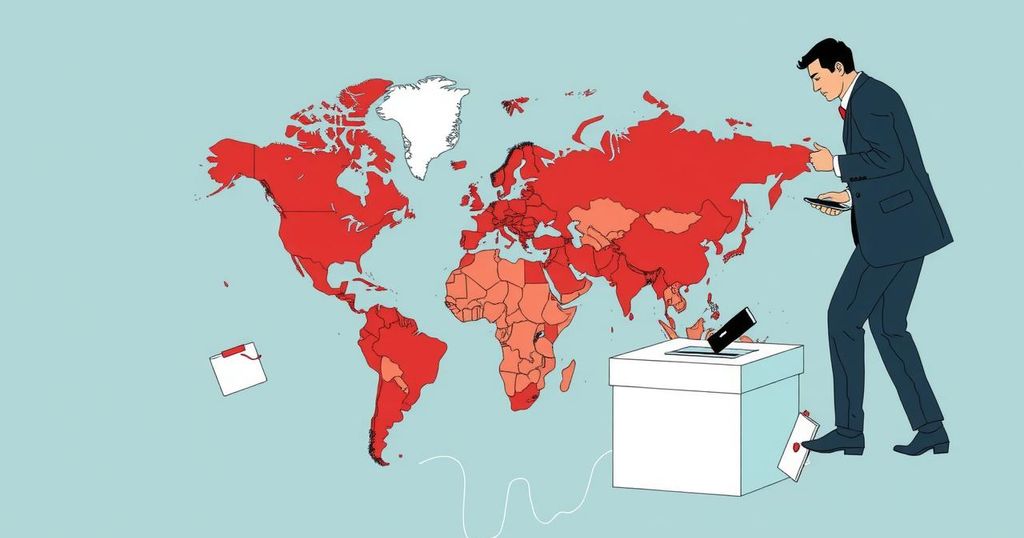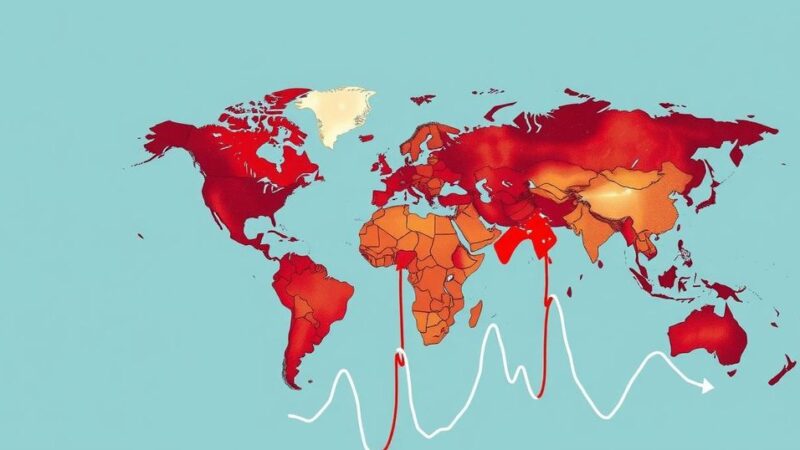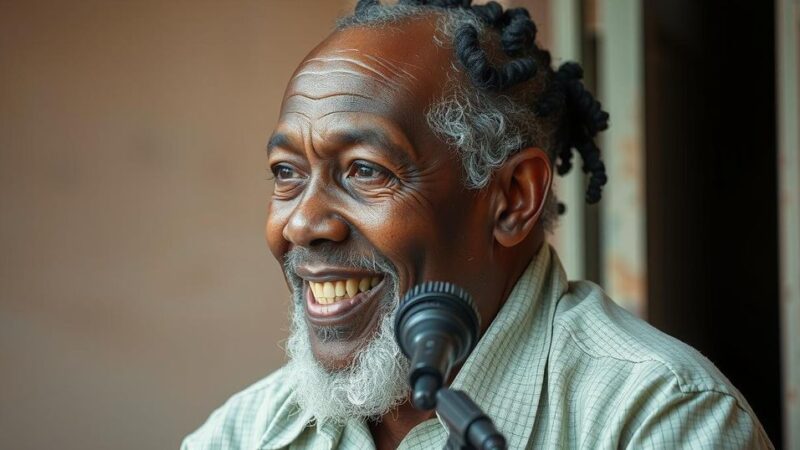In 2024, voters across 70 countries expressed widespread dissatisfaction with incumbents, leading to significant electoral changes and shifts towards new leadership in several nations. Economic challenges, geopolitical tensions, and social unrest drove this trend, with notable outcomes in countries like South Africa, India, and the UK. The rise of populism, alongside allegations of electoral interference, characterized a tumultuous year for global democracy, predicting ongoing challenges in the future.
In 2024, elections across approximately 70 nations revealed a distinct anti-incumbent sentiment among voters, often reflected in their decisive actions to remove sitting governments. This phenomenon was driven largely by ongoing dissatisfaction stemming from economic instability and the lingering consequences of the COVID-19 pandemic. Countries like South Africa, where the African National Congress faced significant losses, witnessed major shifts in political power as voters opted for new leadership, highlighting a global trend of rising challenges to established political structures and the emergence of alternative voices.
The year was characterized by significant political upheaval, as incumbents faced rejection not only in Africa but also in nations across Europe, Asia, and the Americas. Notable electoral defeats included India’s Prime Minister Narendra Modi and the Conservative Party in the United Kingdom, which resulted in a shift in governance toward new coalitions or opposition parties. As countries navigated electoral tensions, the rise of extremes in political ideology became evident, indicating a potential shift toward populism and authoritarian governance in various regions.
The global political climate of 2024 was marked by a series of consequential elections, reflecting widespread voter dissatisfaction with incumbents due to prolonged economic distress and the repercussions of past pandemics. Economic challenges, exacerbated by geopolitical conflicts such as Russia’s invasion of Ukraine, created an atmosphere where voters sought change, often opting for either anti-establishment candidates or traditional opposition parties. The environment of uncertainty and unrest was further fueled by allegations of political interference and the persistence of deep-seated social issues in various countries.
The events of 2024 underscored a broader trend of democratic dissatisfaction, where voters expressed their discontent through significant electoral changes. The retreat of long-standing political parties in favor of alternative candidates signifies a pivotal moment in global politics, wherein the principles of democracy will be tested against the backdrop of citizen expectations and geopolitical challenges. As the landscape evolves, it remains critical for democratic institutions to address the concerns of their constituents to maintain legitimacy and support.
Original Source: www.news4jax.com







